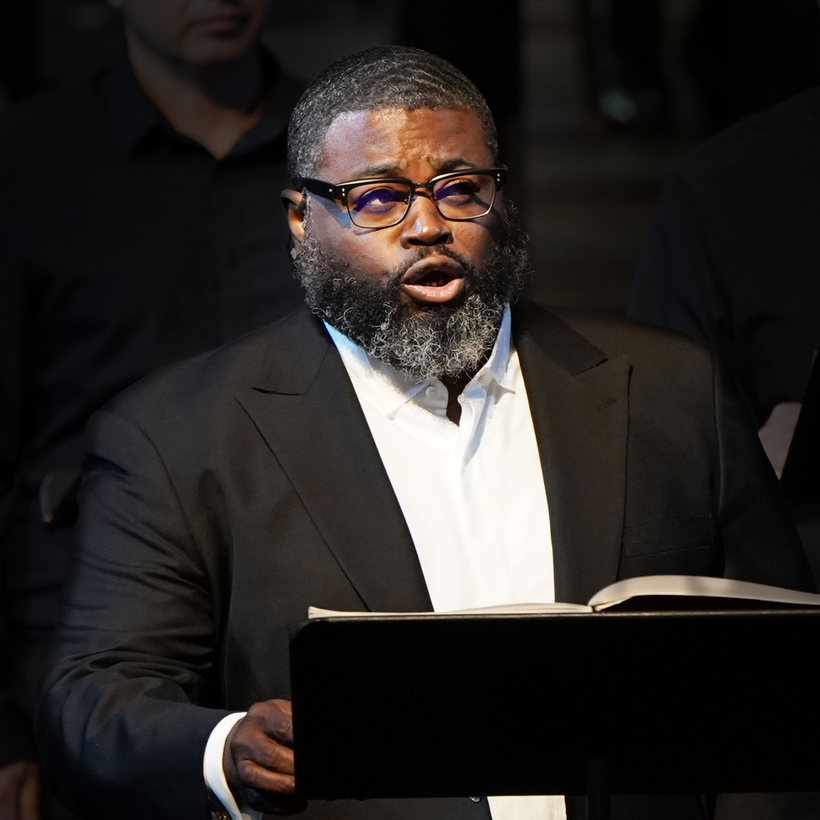Gloomy opera singers galore have spent the pandemic in enforced silence. But not Russell Thomas. For excellence, variety, and adventure, the video triptych he has starred in over the course of the lockdowns would be hard to match.
The king with the complex in Stravinsky’s Oedipus Rex, with the Los Angeles Opera. The tormented kingpin of strolling players in Leoncavallo’s Pagliacci, with the Lyric Opera of Chicago. A bookish village lad lost to a gypsy in the Dallas Opera’s mini-series Vanished, a daring same-sex mash-up of the artist’s beloved Janáček with the myth of Orpheus and Eurydice.


